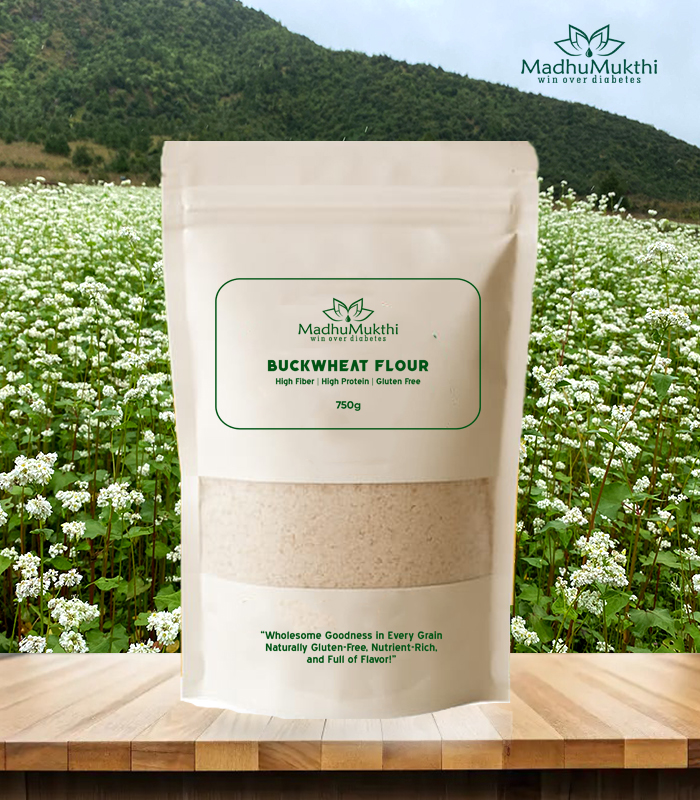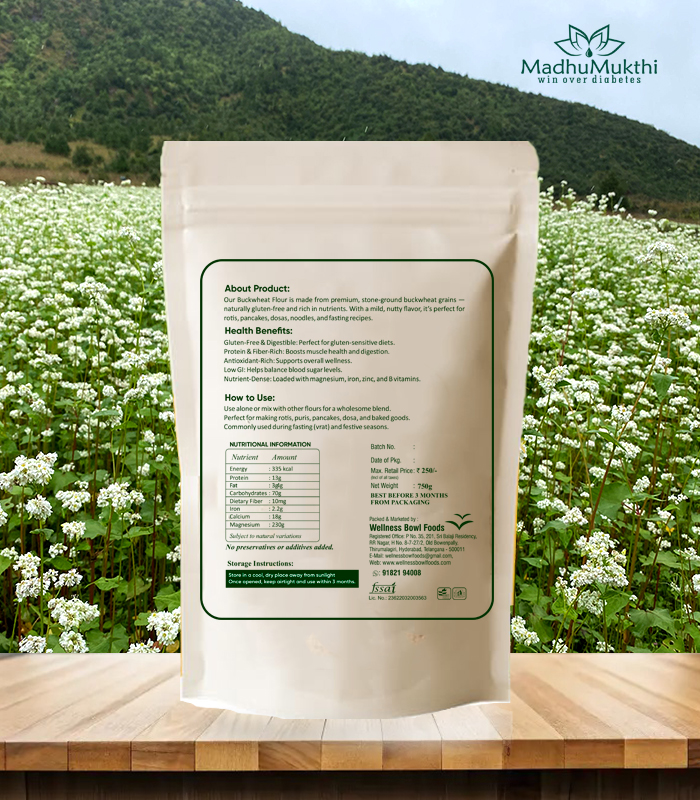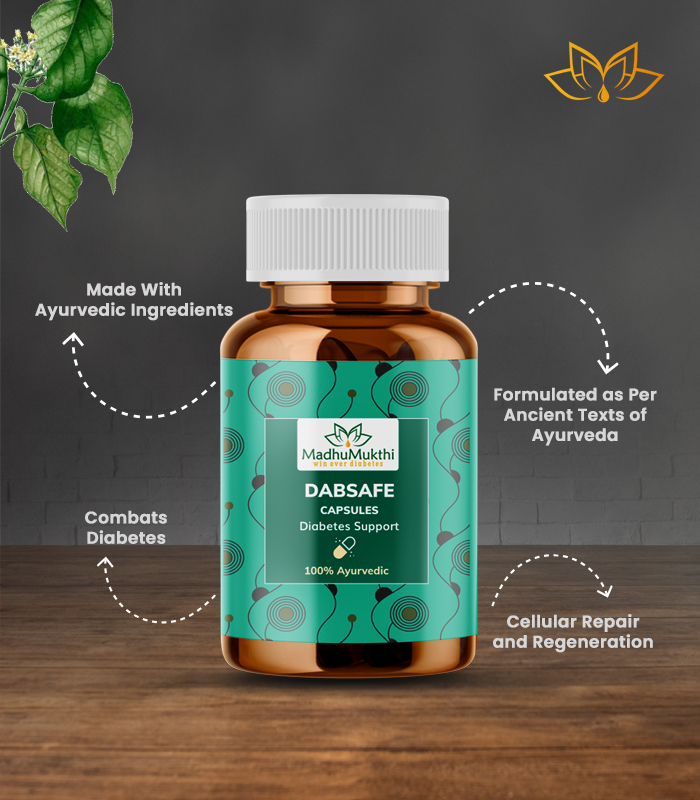
Can Stress Cause Diabetes?Separating Myth from Fact

People live very busy lives now. Constant stress impacts many folks. Does long-term stress cause diabetes though? The response requires investigating. Let’s explore blood sugar, stress, and diabetes. We’ll discern fact from fiction.
Stress impacts blood sugar levels. Our bodies produce cortisol when stressed. Too much cortisol prompts the liver to release stored glucose. This provides a temporary energy boost. However, consistently elevated glucose isn’t ideal. Over time, excess blood sugar strains the pancreas. It may struggle to regulate insulin production. Unmanaged, this could develop into type 2 diabetes.
Myth vs. Fact: Stress and Diabetes
Myth: Stress is the lone cause of diabetes.
Fact: Stress alone doesn’t spark diabetes. Yet, it can heavily influence people already prone to pre-diabetes or undiagnosed type 2 diabetes.
Here’s why: When stressed, your body releases hormones like cortisol and adrenaline. These hormones raise your blood sugar levels to provide a quick burst of energy to deal with the perceived threat. While this is a helpful survival mechanism in the short term, chronic stress keeps these hormones elevated, leading to persistently high blood sugar levels.
Stress alone cannot directly cause diabetes. However, it may negatively impact blood sugar regulation for individuals predisposed to the condition.
Understanding Blood Sugar Levels and Diabetes
Blood sugar, or glucose, gives energy to cells. Insulin, from the pancreas, moves glucose from the blood to cells.Diabetes causes problems with sugar processing. Some people can’t make glucose correctly. Others struggle using insulin properly. Both issues lead to sugar buildup in the blood instead of cells. High blood sugar levels hurt the body over time.
There are two main types of diabetes:
Type 1 Diabetes: An autoimmune disease where the body attacks insulin-producing cells in the pancreas. This leads to a deficiency of insulin.
Type 2 Diabetes: Insulin resistance happens when the body doesn’t react properly to insulin’s effects. Another case is when insulin production falls short.
These two situations typify the more common form of diabetes.
Normal Blood Sugar Levels Chart:
Your body needs the right blood sugar levels to stay healthy. Here’s a simple guide:
Fasting Blood Sugar: Below 100 mg/dL.
After eating 1-2 hours: Below 140 mg/dL.
Early diabetes may cause problems like
- peeing often.
- Feeling very thirsty and hungry.
- Losing weight without trying.
- Tiredness and blurry eyes.
- Cuts that don’t heal fast.
If you notice any signs, see a doctor right away.
How Stress Affects Blood Sugar Control
Chronic stress can negatively impact blood sugar control in various ways:
- Increased Cortisol: As mentioned earlier, cortisol raises blood sugar levels.
- Unhealthy Eating Habits: Stress can lead to comfort food cravings and unhealthy food choices, further disrupting blood sugar levels.
- Reduced Physical Activity: Stress can make it harder to maintain an exercise routine, which is essential for managing blood sugar.
- Poor Sleep: Stress often disrupts sleep, and sleep deprivation can worsen insulin sensitivity.
Living Well with Diabetes: Food and Exercise
Foods that Lower Blood Sugar:
- Fiber-rich foods: Slow down digestion and sugar absorption, like fruits (berries), vegetables (broccoli, spinach), and whole grains (brown rice, quinoa).
- Lean protein: Helps manage hunger and promotes satiety, like fish, chicken, and legumes (beans, lentils).
- Healthy fats: Include healthy fats from sources like avocados, nuts, and olive oil.
How to Decrease Blood Sugar and Lower It Naturally:
- Diet: Focus on a balanced diet with whole, unprocessed foods.
- Exercise: Exercise most days of the week for 30 minutes. It improves insulin sensitivity. Physical activity of moderate intensity is regular. Staying active helps regulate blood sugar.
- Weight Management: Weight Management is important for controlling blood sugar. Losing weight, even a small amount improves the body’s response. Help your body’s reaction to insulin with weight loss.
- Stress Management: Use stress relief techniques like yoga, meditation and deep breathing. They regulate stress hormones which affect blood sugar. Manage stress for healthy sugar levels.
Home Remedies for Diabetes (to be used alongside a doctor’s guidance):
- Cinnamon: May improve insulin sensitivity in small amounts.
- Fenugreek seeds: May have blood sugar-lowering properties.
- Aloe vera juice: May offer some benefits to reduce diabetes, but consult your doctor before use.
The Importance of Diabetes Care and Management
There’s currently no cure for diabetes, but with proper management, you can lead a healthy and fulfilling life. Diabetes care encompasses:
- Regular Blood Sugar Monitoring: This helps you understand your body’s response to food and medications.
- Doctor Visits: Maintain regular checkups with your doctor to monitor your progress and adjust your treatment plan as needed.
- Medications: Follow your doctor’s medication recommendations, including insulin if prescribed.
- Healthy Lifestyle: Prioritize a balanced diet, regular exercise, and stress management techniques.
Hypoglycemia Medication:
Having low blood sugar is known as hypoglycemia. This medication aids when your glucose level drops too much. It differs from diabetes medications. Based on your needs, your doctor selects the appropriate hypoglycemia treatment for you.
Understanding Reactive Hypoglycemia
Reactive hypoglycemia, sometimes called postprandial hypoglycemia, is a condition where blood sugar levels drop significantly after eating. This can occur due to various factors, including:
Rapidly absorbed carbohydrates: Sugary foods and refined carbohydrates cause a quick rise and subsequent crash in blood sugar levels.
Skipping meals: Long gaps between meals can lead to a rebound effect when you finally eat.
Certain medications: Some medications can contribute to hypoglycemia.
Symptoms of reactive hypoglycemia can mimic those of low blood sugar in diabetes, including:
- Shakiness
- Sweating
- Palpitations
- Lightheadedness
- Hunger
- Irritability
If you suspect you might have reactive hypoglycemia, consult your doctor for proper diagnosis and management strategies.
Difference Between Type 1 and Type 2 Diabetes
As mentioned earlier, the two main types of diabetes are:
Type 1 Diabetes: An autoimmune disease where the body attacks insulin-producing cells. There is no cure, and treatment involves managing blood sugar levels with insulin injections, a healthy lifestyle, and regular monitoring.
Type 2 Diabetes: Insulin resists body effects or lacks production – that’s type 2 diabetes. More commonly seen, it often needs lifestyle shifts, pills, and sometimes shots too. The body can’t use insulin well or make enough, so treatment combines approaches.
Here’s a table summarizing the key differences:
| Feature | Type 1 Diabetes | Type 2 Diabetes |
| Onset | Usually in childhood or young adulthood | Can develop at any age, but more common in adults |
| Cause | Autoimmune destruction of insulin-producing cells | Insulin resistance or deficiency |
| Treatment | Insulin injections, healthy lifestyle, monitoring | Lifestyle modifications, oral medications, and sometimes insulin |
It’s important to note that these are general guidelines, and individual experiences can vary.
Have Control Over Diabetes Without Medicine?
Yes. Particularly in the beginning stages, of type 2 diabetes, controlling blood sugar levels through lifestyle modifications alone might work.
This involves:
Eat Healthy: Focus balanced diet with low processed foods, added sugars, and unhealthy fats.
Regular Exercise: Aim for a minimum of 30 minutes moderate-intensity exercise for diabetic management most days weekly.
Lose Weight: Even modest weight loss can vastly improve blood sugar control.
Manage Stress: Yoga, meditation, and deep breathing help manage stress hormones.
Living with diabetes requires constant care. Still, talking with a doctor helps find the right plan for your needs. Doctors will watch your progress. They will change treatments if needed. In the end, managing diabetes well is key to staying healthy.
Conclusion
Stress can’t start diabetes, but it really affects blood sugar control. Intense pressure messes up insulin production. Glucose levels get unreliable and change too much. Learning how stress, blood sugar, and diabetes link helps manage health better.Prioritize a healthy diet, regular exercise, stress management techniques, and regular checkups with your doctor. With proper care and lifestyle modifications, you can live a full and healthy life, even with diabetes.




